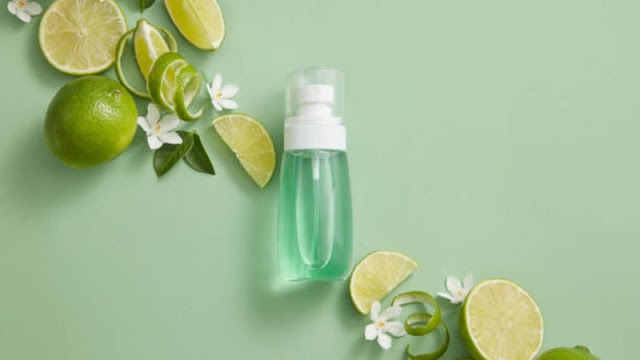Benefits Of Using Liquid Soap

Introduction
In the realm of personal hygiene, the choice of cleansing
products plays a crucial role in maintaining health and well-being. While
traditional bar soap has long been a staple in households, liquid soap has
gained significant popularity in recent years. This thing delves into the
benefits of using liquid soap, exploring its advantages over bar soap, its
various formulations, and the positive impact it can have on both personal
hygiene and environmental sustainability.
The Evolution of Soap: From Bars to Liquid
Soap, in its various forms, has been an essential part of
human hygiene for centuries. Traditional bar soap has been a prevalent choice
due to its convenience and effectiveness in cleansing. However, the emergence
of liquid soap marked a significant shift in the way people approached personal
hygiene. Liquid soap, with its pump dispensers and versatile formulations,
quickly gained favor for its ease of use and enhanced hygiene benefits.
Hygiene and Convenience
One of the main benefits of using liquescent soap is its
convenience. The pump dispenser eliminates the need to handle a bar of soap,
reducing the risk of transferring germs from one person to another. This makes
liquid soap particularly suitable for shared spaces like public restrooms,
where hygiene is of utmost importance.
Effective Cleansing and Formulation Variety
Liquid soap is formulated to provide effective cleansing
while catering to different skin types and needs. With a wide range of
formulations, including moisturizing, antibacterial, and hypoallergenic
options, individuals can choose a liquid soap that suits their specific
requirements. These formulations often include nourishing ingredients like aloe
vera, shea butter, and essential oils, enhancing the overall skin-care
experience.
Reduced Contamination and Waste
Compared to bar soap, liquid soap tends to have reduced
chances of contamination. Bar soap can become a breeding ground for bacteria
when it sits in a wet soap dish. Liquid soap, on the other hand, remains sealed
and protected within its container, reducing the risk of microbial growth.
Additionally, liquid soap dispensers can be refilled, minimizing packaging
waste compared to single-use bar soap wrappers.
Economic and Efficient Usage
Liquid soap is often considered more economical in the long
run. The controlled dispensing mechanism of pump bottles ensures that users
only use the required amount, reducing wastage. With bar soap, excess soap
residue can sometimes dissolve away unused portions, resulting in wasteful
consumption.
Aesthetics and Customization
Liquid soap also offers aesthetic advantages. The packaging
and design of liquid soap bottles can add a touch of style to bathrooms and
kitchens. Furthermore, some liquid soap brands offer customization options,
allowing users to select from a variability of scents and formulations,
providing a personal touch to their hygiene routine.
Environmental Considerations
As society becomes increasingly conscious of environmental
impact, the choice of hygiene products becomes an important aspect of
sustainable living. Many liquid soap manufacturers are responding to this
concern by offering eco-friendly options. Biodegradable ingredients, recyclable
packaging, and refilling stations contribute to reducing the carbon footprint
associated with personal hygiene.
Innovation and Technology
The liquid soap industry is characterized by continuous
innovation and advancements. From foam dispensers that minimize water usage to
touchless sensors that promote hygiene, liquid soap manufacturers are
incorporating technology to enhance the user experience. This dynamic approach
ensures that liquid soap remains relevant and responsive to changing consumer
needs.
Educational Initiatives and Hygiene Promotion
Liquid soap has also played a vital role in hygiene
promotion, particularly in areas with limited access to clean water and
sanitation. Organizations and initiatives have leveraged the convenience of
liquid soap to educate communities about proper handwashing techniques, thereby
preventing the spread of diseases.
Personalization and Self-Care
Liquid soap can be a part of self-care rituals, offering a
moment of relaxation and pampering. The variety of scents and formulations
allows individuals to choose products that align with their sensory preferences
and skincare needs, making the cleansing routine an enjoyable and rejuvenating
experience.
Conclusion
The benefits of using liquid soap extend far beyond basic
hygiene. From enhanced convenience and effective cleansing to the positive
environmental impact and customization options, liquid soap has proven itself
as a versatile and essential addition to modern personal care routines. As
society continues to prioritize health, sustainability, and technological innovation,
the role of liquid soap is likely to evolve, catering to the ever-changing
needs and preferences of individuals around the world.